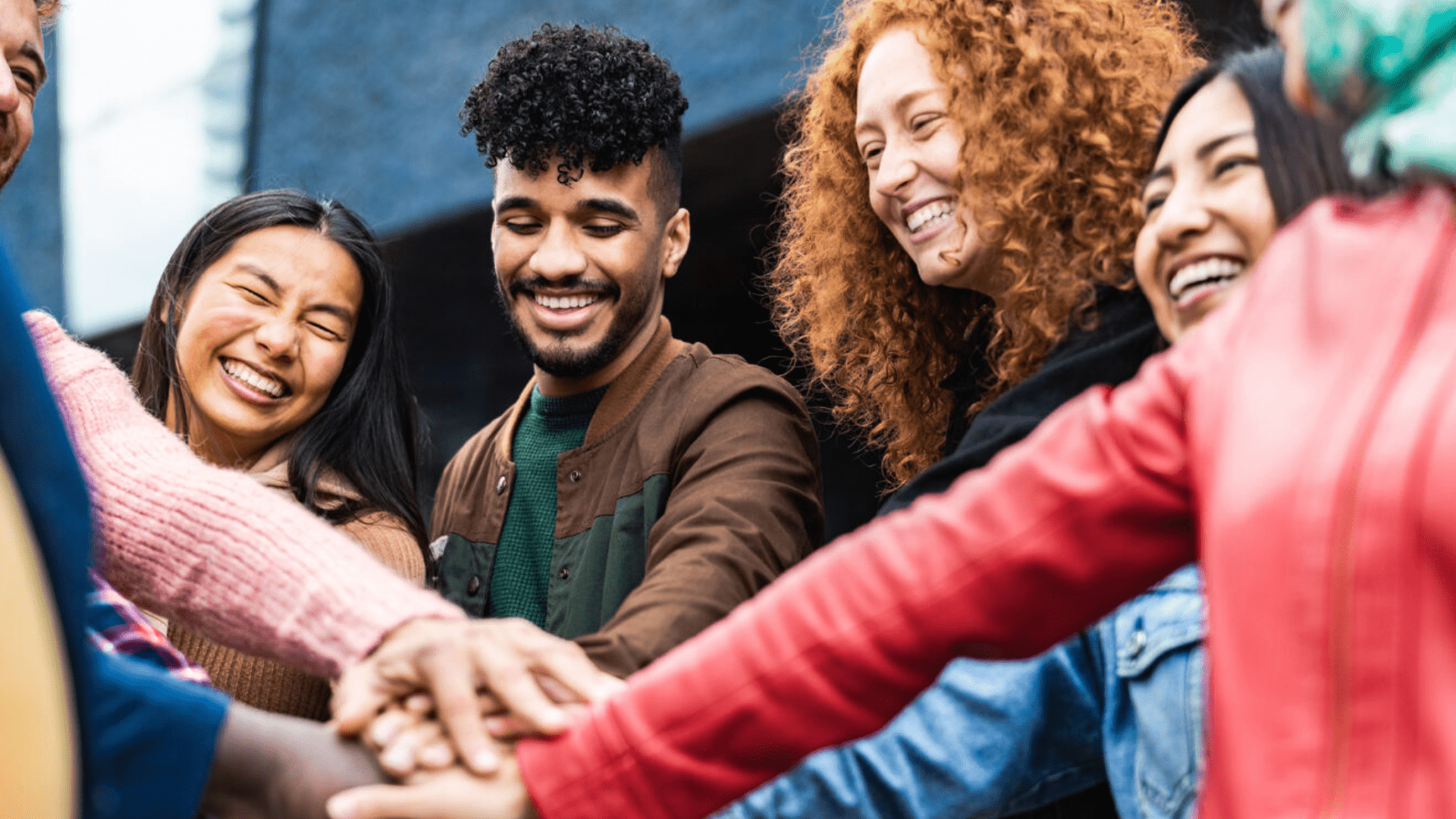What does community mean to millennials?

Posted on: Thursday Nov 2nd 2023
Article by: Andrea Camara
ARTICLE BY ANDREA CAMARA
As part of our
Social Values research,
we recently held conversations with Millennials at various stages of life to understand how they see their own lives as well as society and the world. One of the key topics we explored was idea of community, in order to develop a better understanding of how Millennials define the term and what community looks and feels like in their lives.
Many Millennials associated community with a sense of belonging, which in turn supports their personal wellbeing. Those who felt part of communities often noted the importance of connecting with others who share some kind of common ground – whether interests, goals, or heritage. Several said engaging with others in this way has helped them find purpose and balance in life.
As one member of the
Mainstream A-Listers
segment put it,
“…I guess for me [community is] a group of people who have a common goal, who work together towards something and being part of that… for me brings a sense of purpose….”
As a Millennial myself I can relate to the importance this generation places on community — even if it sometimes seems difficult to define community in general and even the communities I’m part of. Personally, I am part of the French community in Montreal, a network that organizes cultural events and meetups in the city. I am also part of a hiking/outdoors group online where people give each other advice about hikes near the city and good deals on outdoor gear. I know these communities are important for me, my relationships with others and my life balance.
In other conversations, participants surfaced the many different forms community can take – from local neighborhoods to worldwide identity or common interest groups. Most Millennials are at ease with different scales and forms of social groups, and many report that they make active efforts to help build and sustain different kinds of communities.
“…Your neighborhood could be a community, but also [a community can] just be the people who go to my dance studio or the people who are alike to us… LGBTQ, that’s a community… I guess community is a sense of belonging…” –
Critical Counterculturalist
Millennial, Qualitative research)
“… Community is the people that surround you, professionally or in a workplace, geographically close to you, different groups that you belong to and identify with. You have a responsibility to others. I used to volunteer quite a bit…” (
Engaged Idealist
Millennial, Qualitative research)
As our conversations continued, the definition of community continued to expand, with Millennials using community to denote social circles of all kinds: close friends, colleagues, work networks, online forums, Facebook groups, activity groups, ethnic associations, spiritual groups, and alumni. All these groups earn the name “community” because they help Millennials connect with like-minded people and give them a sense of belonging.
In addition to embracing communities whose members have traits in common – such as shared ethnicity – some Millennials embrace groups that are trying to achieve something together: for example, volunteering, supporting local projects, or pushing for social change through activism. Millennials in the
New Traditionalists
and
Critical Counterculture
segments tend to score higher on values such as
Social Responsibility
and
Community Involvement,
which emphasize contribution and meaningful participation as ways of engaging community. In this context, Social Responsibility refers to people who have a heightened awareness of social disparities and express a sense of responsibility for helping those less fortunate. Community Involvement refers specifically to people demonstrating an interest in contributing and participating in their community.
For those trying to make a difference in co-operation with others, most see themselves as being able to have the most impact close to home: in their neighborhood, city, or country. They appreciate the sense of belonging that arises from simple day-to-day encounters: being considerate and doing their part to support neighborhood life. Millennials also contribute to communities that are dispersed across larger distances – such as when they proclaim their belonging in and/or support for the LGBTQ+ community, which is border-less.
One factor that helps this cohort connect seamlessly with others around the world is their deep ease with digital connectivity.
The extent to which Millennials socialize online
– through chats, forums, social media, and other channels – sets them apart from other generations. The
Diverse Strivers
segment is especially notable in this regard. But while Millennials are inclined to connect digitally, they ultimately want to form deep connections; meaning that their interactions don’t stop at the screen. Many people in this cohort crave in-person contact and gatherings which they see as supportive of strong relationships and communities. An example of these in-person gatherings are the alumni events or sport clubs often mentioned by Millennials we interviewed. In terms of digital communities, some mention Facebook, Reddit and Discord groups where they chat with like-minded people about activities they enjoy (i.e. fishing, volleyball, etc.)
However, not all Millennials have a strong sense of community. Some aren’t quite sure how to define the word, or the role that community currently has (or should have) in their lives. Those in the
Stoic Independent
segment, for instance, have an individualistic outlook on life and tend not to report less involvement or participation in communities.
What does all this mean for brands seeking to connect with Millennials?
For companies looking to attract Millennial consumers, giving them a sense that their product, experience, and service choices make them part of a like-minded community can be effective. In some cases, these communities may be more subtle or implicit: for example, Millennials expressed that they develop connections with like-minded individuals who support a brand that has positive environmental practices, even though the brand may not take a direct role in fostering a community. In other cases, Millennials enjoy supporting brands that do directly facilitate interactions among consumers through the creation of branded communities. For example,
Nike’s Run Club
lets runners share results; Patagonia organically fosters a community of outdoor enthusiasts; and Xbox encourages gamers to engage through online forums and social media.
Millennials trust their communities: they’re inclined toward like-minded people – those who share their opinions, values, and hobbies. For brands, creating spaces for consumers to socialize and share common values can be a way to build trust and give customers the sense of being listened to and understood. This kind of relationship can not only improve loyalty and burnish a brands’ reputation, but encourage consumers to advocate for brands, inviting others to join the club.





